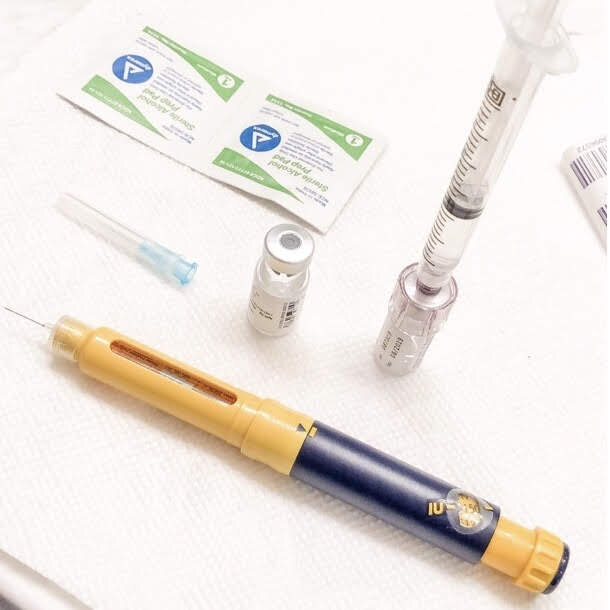Infertility Services Overview
So many people reach out to me with the same question:
“I haven’t conceived on my own yet. What can I do? How can you help?” and today I want to honor that question.
First off, I’m so glad that you’ve reached out to me. When I went through my infertility journey, I felt very alone. While I had friends and family members who were willing to listen, I didn’t know anyone who had walked through the process on their own. I wasn’t sure what to search for online, what resources were credible, and how I could apply them to my situation.
I share this to say now that you’re here, I can prevent you from feeling any of those feelings!
You can read more of my personal story on the About Me tab, but here’s a quick overview:
My husband and I were super optimistic when we began trying to conceive. We had no reason to believe it wouldn’t be easy for us, and so when negative pregnancy test followed negative pregnancy test, we felt our hopes crashing and our fears increasing. After 10 months without success, I visited my OB/GYN, who recommended that we start by getting my husband a sperm analysis. That analysis came back towards the lower end of normal limits, which led us to meeting with a reproductive endocrinologist. We both then went through extensive testing, after which we were diagnosed with “unexplained infertility.” By then, we had been trying on our own to get pregnant for a year and a half, and we just wanted to know what we could do differently to work toward a successful conception.
When we began fertility treatments, I experienced 4 failed rounds of Intrauterine Insemination (IUI), and finally turned to In Vitro Fertilization (IVF). My egg retrieval led to 4 embryos - one of which was implanted fresh, and failed to take, and the other 3 were frozen. My frozen embryos underwent Pre-Implantation Genetic Screening (PGS) and all came back chromosomally normal, and our first frozen embryo transfer (FET) was successful. I gave birth to our baby girl in May 2019.
I want to pause here to note that I am not blind to the number of acronyms used above. In my experience, infertility came with what felt like its own language, and the only way to embrace it was to study and learn to understand it. I wanted to feel like an educated patient with my providers, and I wanted to share my experience in an educated way with others, so I learned. But it felt lonely and difficult at times. So, now, that’s something I help clients with - making terminology and abbreviations feel more commonplace and less overwhelming.
Next, I want to talk about some of the things I can support you with on your quest to conceive:
Tracking Ovulation
App recommendations
Kit recommendations
Suggested trial period
When, where, how, and to whom to start asking questions
Exploring infertility - what is it, who is affected by it, what are some of the diagnoses, etc.
Now, if you’ve already met with a reproductive endocrinologist (RE), or are thinking about scheduling an appointment, we’ll start our work together by discussing:
What to expect
What options you may have
What to ask during your appointment or following up
What to look for in choosing an RE physician/office (+ office recommendations)
What to consider in your decision making
What to look for in your body physically and emotionally once you start down a pathway of assisted reproductive technology (ART)
If any of this feels familiar to you, or it’s something you’d like to learn more, please, reach out to me. I’m happy to schedule a consultation, help you develop a roadmap, educate you on Infertility 101, provide patient advocacy, or support you through regular office hours. Use this link to Contact Me, or view my Infertility Support Services here.
I’m here to support you, friends.

